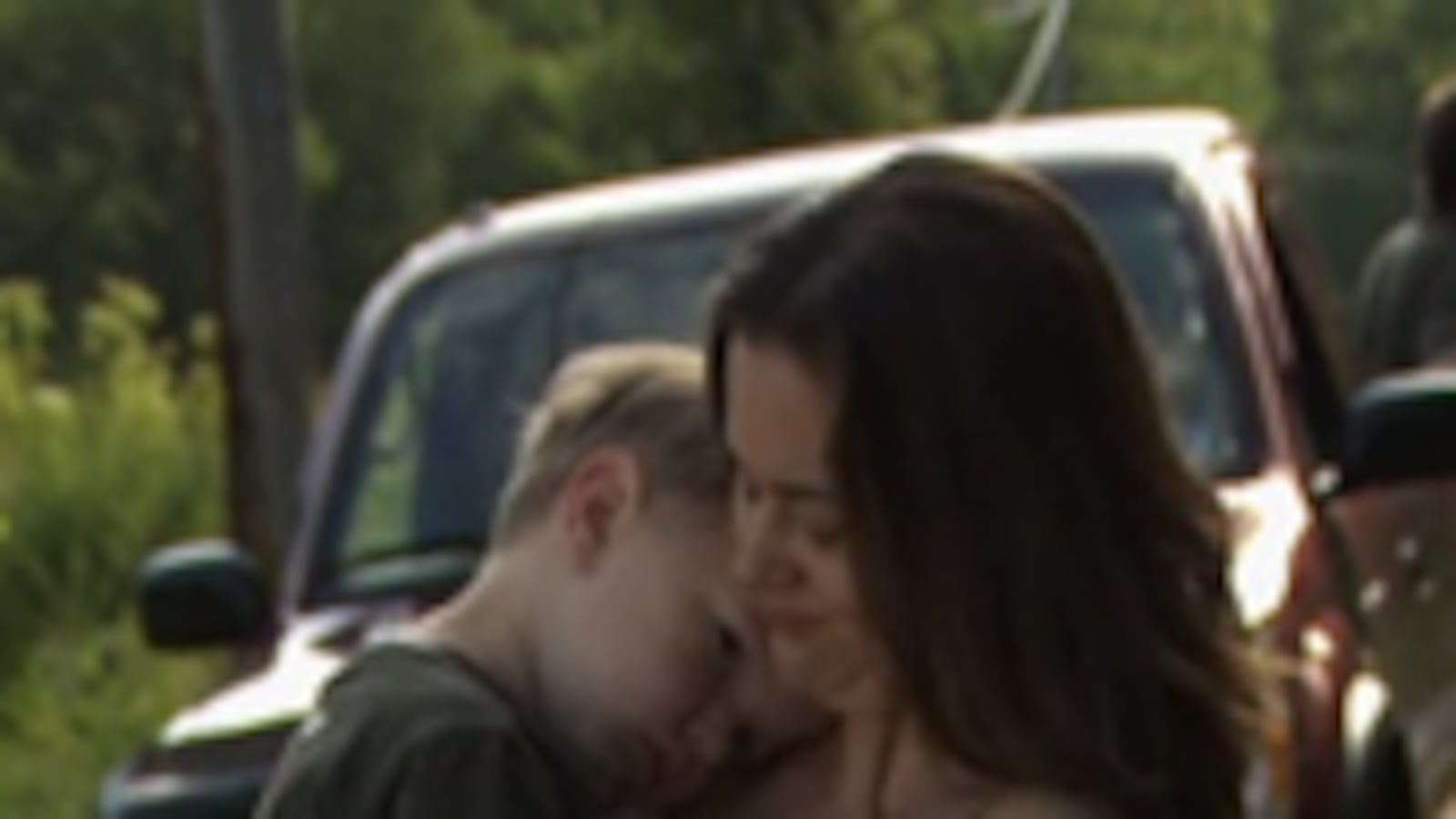Four years after Amy Homan McGee first fell in love with her husband, he killed her while her children waited for her outside their home.
“Someone call 911. I just shot Amy,” said Vincent McGee, as he stumbled out the door, but she was already dead. She was 33.
Their love affair started in 1997 in State College, Pennsylvania, where she worked in a home store; he drove the armored truck that picked up money from the shop. And shortly after they met, they had their first son.
Before they had a child, McGee started driving her to work and picking her up every day. He called the store incessantly. He checked her schedule to make sure she wasn’t working alone with men. Then there were the bruises that came from “softballs” and “falling boxes.”
But there was no way to connect the dots at the time. Amy’s co-workers noticed strange behavior, going so far as to draft a fake schedule to throw McGee off track. Amy’s parents drove her to the police station to get a protection order. But the incidents seemed disjointed, and no one realized that it would lead to murder.
Until Detective Deidri Fishel came along, albeit after the fact, and made a documentary about Amy’s experience. Fishel took Amy’s story and turned it into a cohesive timeline that clearly showed the danger signs in Amy’s abusive relationship—and more important, the number of times that police or other services could have intervened. Something that seems so obvious in hindsight wasn’t when Amy was in the depths of it.
Fishel now uses this story, which was funded by the Verizon Foundation, to train others to detect and help women who are being beaten.
Fishel brought Amy’s story to New York City last night to kick off “It’s Time to Talk Day,” a day started by Liz Claiborne to help raise awareness about domestic violence, emphasizing that it is far more prevalent than most think.
Hosted by Meredith Vieira of the Today show, the night began with a revelation of Vieira’s own.
“I know what it’s like to be beaten. I’ve probably avoided talking about it because it’s embarrassing,” said Vieira. “I’m an intelligent woman. How could I get in that situation?”
That seems to be the question on most people’s minds about domestic violence. Why didn’t she leave? The question irks domestic-abuse advocates to no end.
“‘Why doesn’t she leave?’ needs to be ‘why does he beat her?’” said Fishel. “You can’t put the burden on the victim.”
At times, it seemed that Amy herself was the only person who could pull it all together and make a change. But between their deeply intertwined lives and the sheer terror, she was in no place to take on that burden, even if it was hers to begin with.
And the terror, as it turns out, was founded. Vincent killed her when she went home to gather her things for the final time.
“I know what it’s like to be beaten. I’ve probably avoided talking about it because it’s embarrassing,” said Meredith Vieira.
Three of four people know someone who has been a victim of domestic abuse (whether they know it or not), suggesting that there’s a missing link somewhere when it comes to intervention.
Fishel had just become a detective when she came across Amy’s story and decided to use it as a case study. Amy had been murdered three years prior, but her story struck a chord in Fishel. They were both in their early thirties when Amy was killed. They both had a young son at the time. And Fishel has two sisters who were abused.
“This could literally have been me,” said Fishel.
Telling Amy’s Story, which was created by Penn State Public Broadcasting, was funded by the Verizon Foundation, which trains its employees in domestic-violence awareness, and has programs for victims, much like Liz Claiborne Inc., which started its program in 1991.
Roja Heydarpour is an editor at The Daily Beast. She has reported for the The New York Times and The Times-Tribune.






